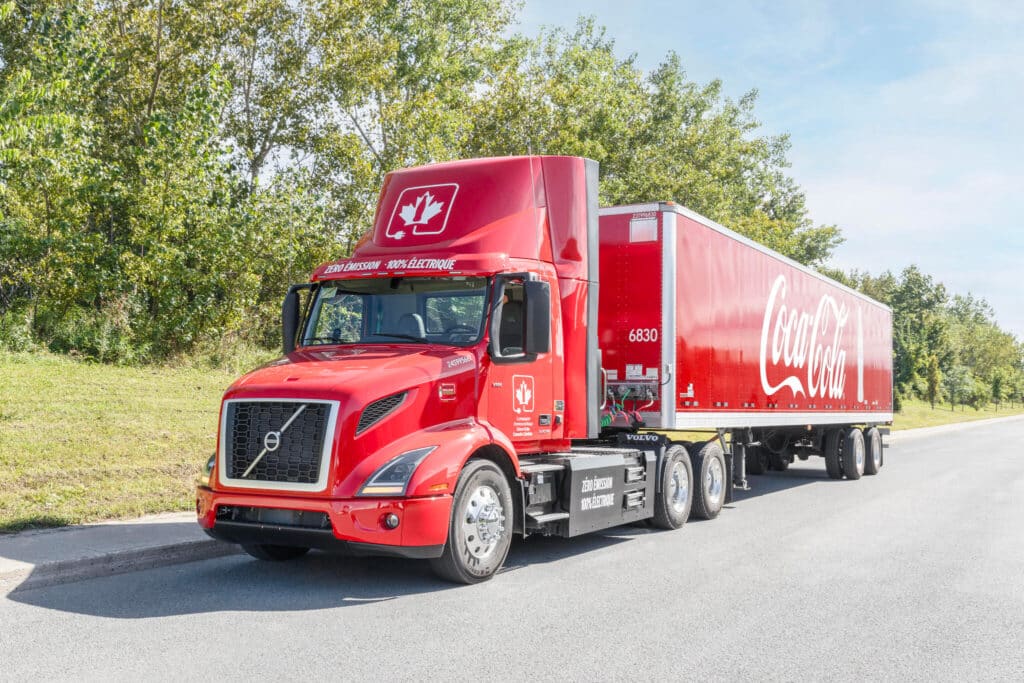
Volvo Trucks reaches milestone with 5,000 electric trucks delivered worldwide
Volvo Trucks has now delivered more than 5,000 battery-electric trucks to customers in 50 countries around the world. With eight different electric truck models in production today, Volvo's leadership in electric trucks is stronger than ever.
Volvo Trucks has offered electric trucks since 2019. Since then, customers in 50 countries have switched to electric transportation and have covered a total of nearly 170 million kilometers in commercial operations. These trucks have reduced CO2 emissions and traffic noise, while improving the working environment for drivers.
"It is gratifying to see transportation companies continue to embrace the benefits of electric trucks across a wide range of transportation segments," said Roger Alm, president of Volvo Trucks. "Volvo's battery-electric trucks are here and now available, offering our customers and transportation buyers a more sustainable alternative that makes business sense. Many of our customers are coming back to us to expand their electric fleets."
Volvo's current range of electric trucks caters to the needs of urban and regional distribution, as well as construction and waste segments. The top five markets for Volvo's electric trucks are the Netherlands, Germany, the United States, Norway and Sweden. More than 640 Volvo electric trucks are now registered in the Netherlands.
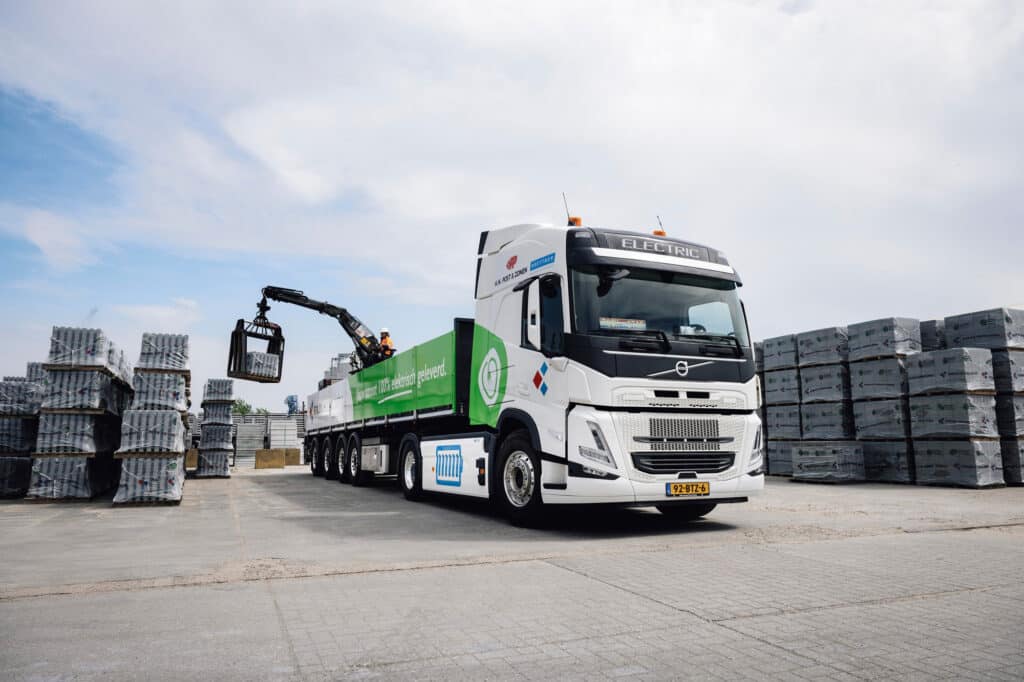
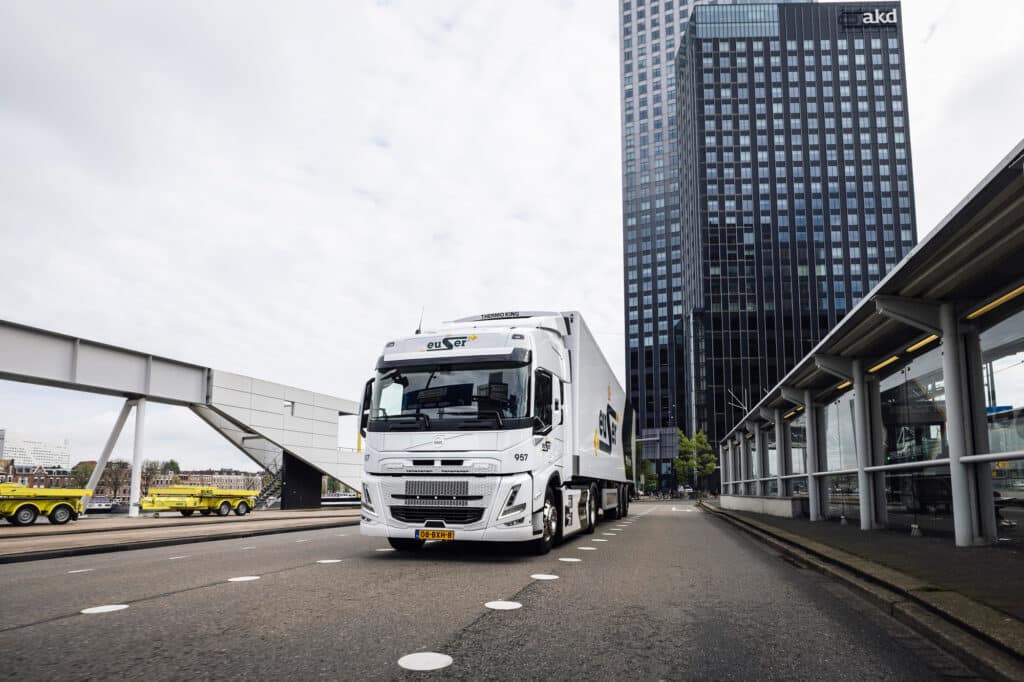
Electrical expertise
The benefits of electric trucks go beyond environmental gains - drivers experience a significantly better working environment with much lower levels of noise and vibration.
Volvo Trucks has already started the introduction and series production of electric trucks in 2019. This has built up unique expertise in electric transport without exhaust emissions, such as experience in optimizing the use of available energy in the batteries, financing, charging and maintenance of electric trucks.
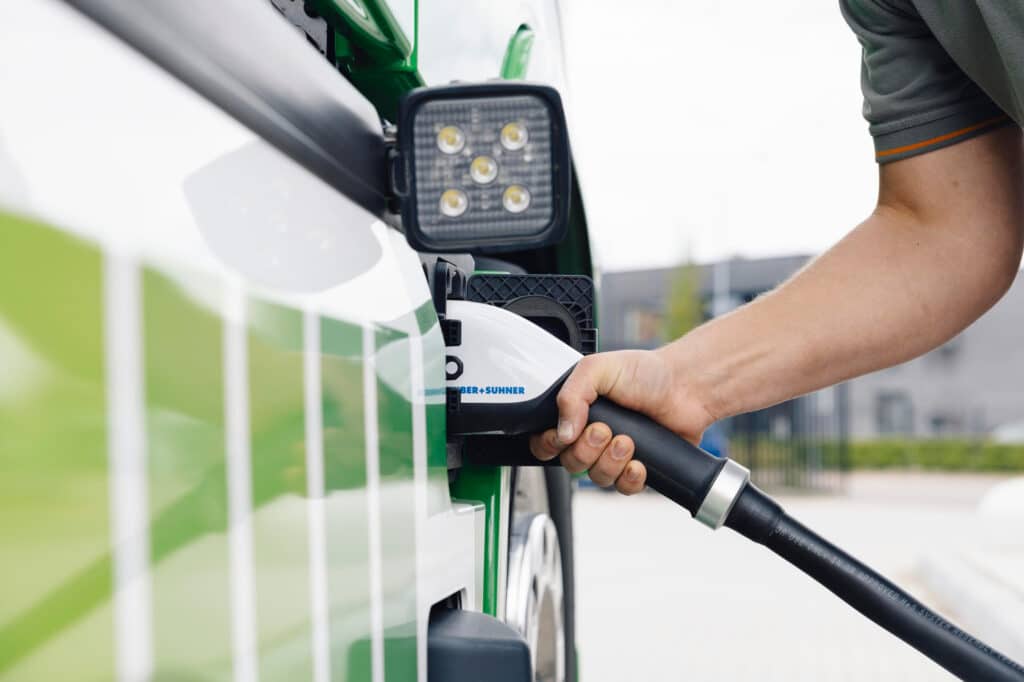
Full range available electrically
Volvo Trucks' electric truck range consists of the following models:
- Volvo FL Electric
- Volvo FE Electric
- Volvo FM Electric
- Volvo FM Low Entry
- Volvo FMX Electric
- Volvo FH Electric (International Truck of the Year 2024)
- Volvo FH Aero Electric
- Volvo VNR Electric
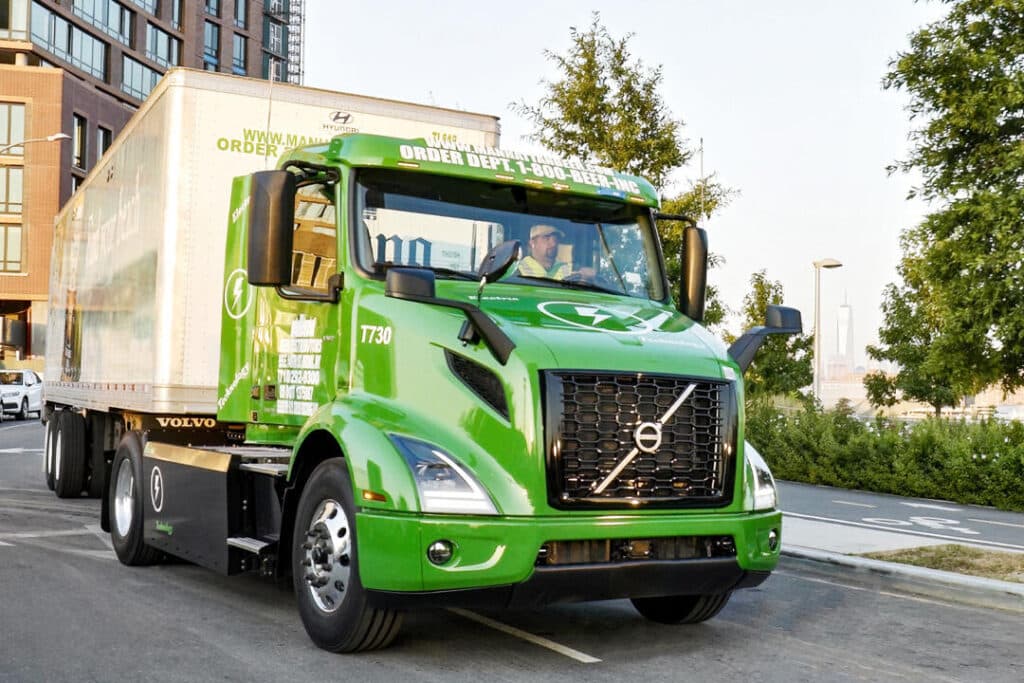
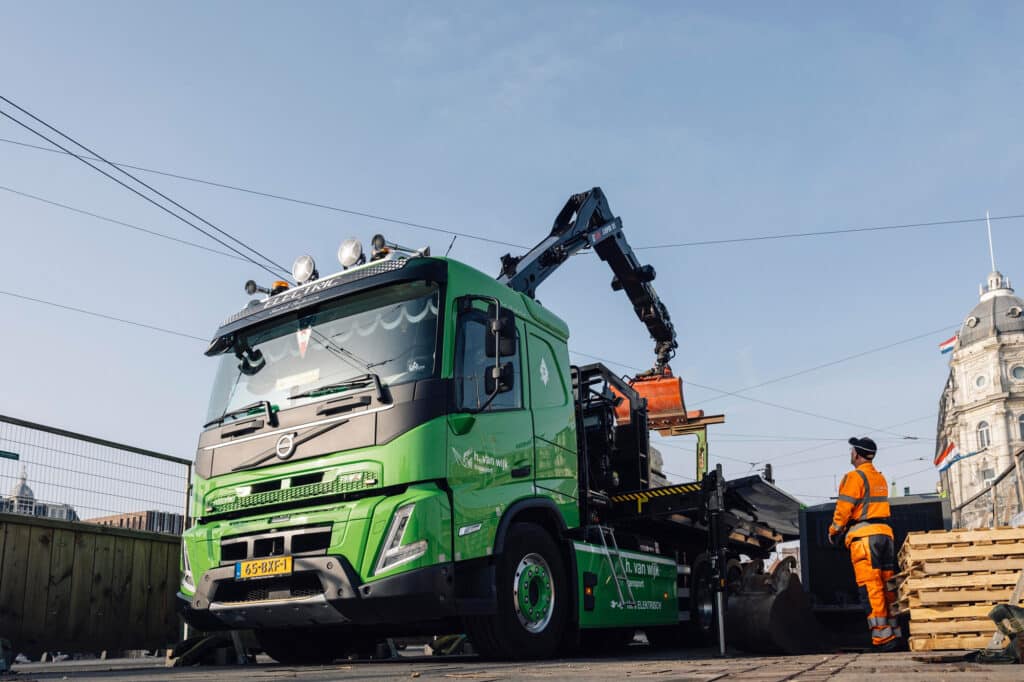
Volvo's three pillar strategy to zero emissions
Volvo Trucks is aiming for net-zero emissions by 2040. To achieve that, it is committed to a three-pillar strategy consisting of a mix of powertrains and energy sources: battery-electric trucks, fuel cell-electric trucks and trucks with internal combustion engines running on renewable fuels, such as green hydrogen (produced by splitting water into hydrogen and oxygen using renewable electricity), biogas (bio-LNG) or biodiesel and HVO (Hydrotreated Vegetable Oil).



